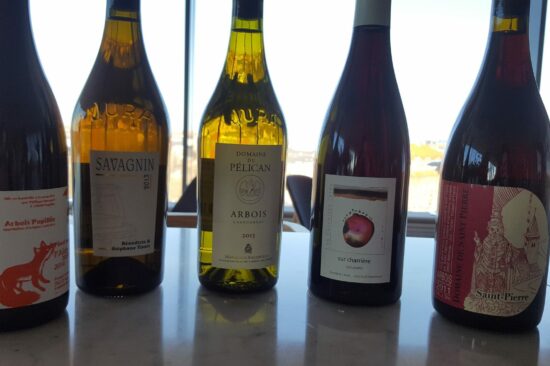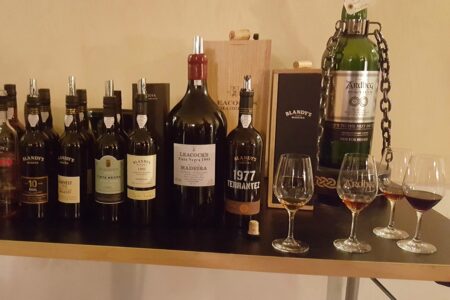Sharon Bowman
The „T” word, followed by the „N” word

I have nothing against tasting notes. Truly I don’t. Some people write such lively and lovely ones, one wants to read them for the joy of it, not necessarily in order to bone up about the wines being described. Interesting, that: the tasting note is normally a thing with an expiration date. Who wants to know ten years down the line what a freshly released Sancerre tasted like, back in the day? But the effort of insight and originality remains persuasive, timelessly. Creative minds work with material and produce novelty and brilliance, and for this I am glad.
Yes, you can’t go reading through the last pages of the Wine Spectator magazine, as someone (I forget who) recently wrote. But on the other hand, you can’t simply have a lavish description of the winemaker or the bottle label or vinification practices or time in barrel or just say „we enjoyed it so much!”; a little more needs to be said about the experience of a wine.
Yet two days ago, I hit my tasting note nadir. I sat in front of a list of wines and my sharp memory of each, and there was just no way I was going to extract anything interesting, let alone a series of quips and quirks and potentially thrilling and enlightening material. I gave it a bash. But lord, it was wan. And I tucked the document away, and eventually, reader, I deleted the document.
I have nothing against points. I like stars and hearts and numbers, they catch your eye. I also have nothing against descriptions of dogwood and plums and pear tarts. Those are pretty, and evocative.
But it’s true that a tasting note, when you get right down to it, is like a Schechuan peppercorn. It’s a loud, spicy blast in the middle of what needs to be meatier to handle the intensity of its purported „objectiveness.”
And points are like a metal skewer: eat around them.
* Pic by genial writer Manuel Camblor.
** Sharon Bowman, bloggerka, znawczyni wina.
„Kultura Liberalna” nr 68 (18/2010) z 27 kwietnia 2010 r.







